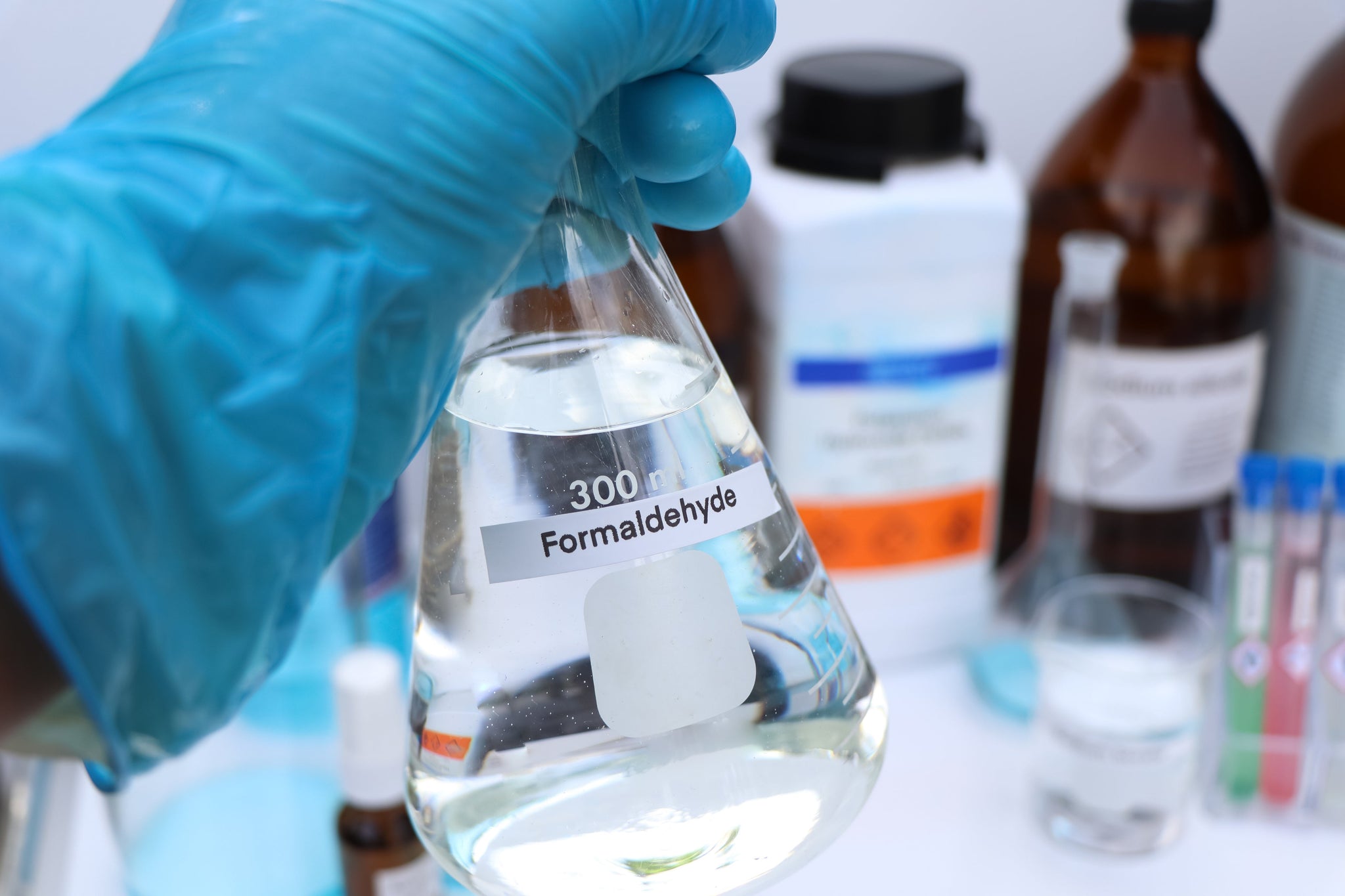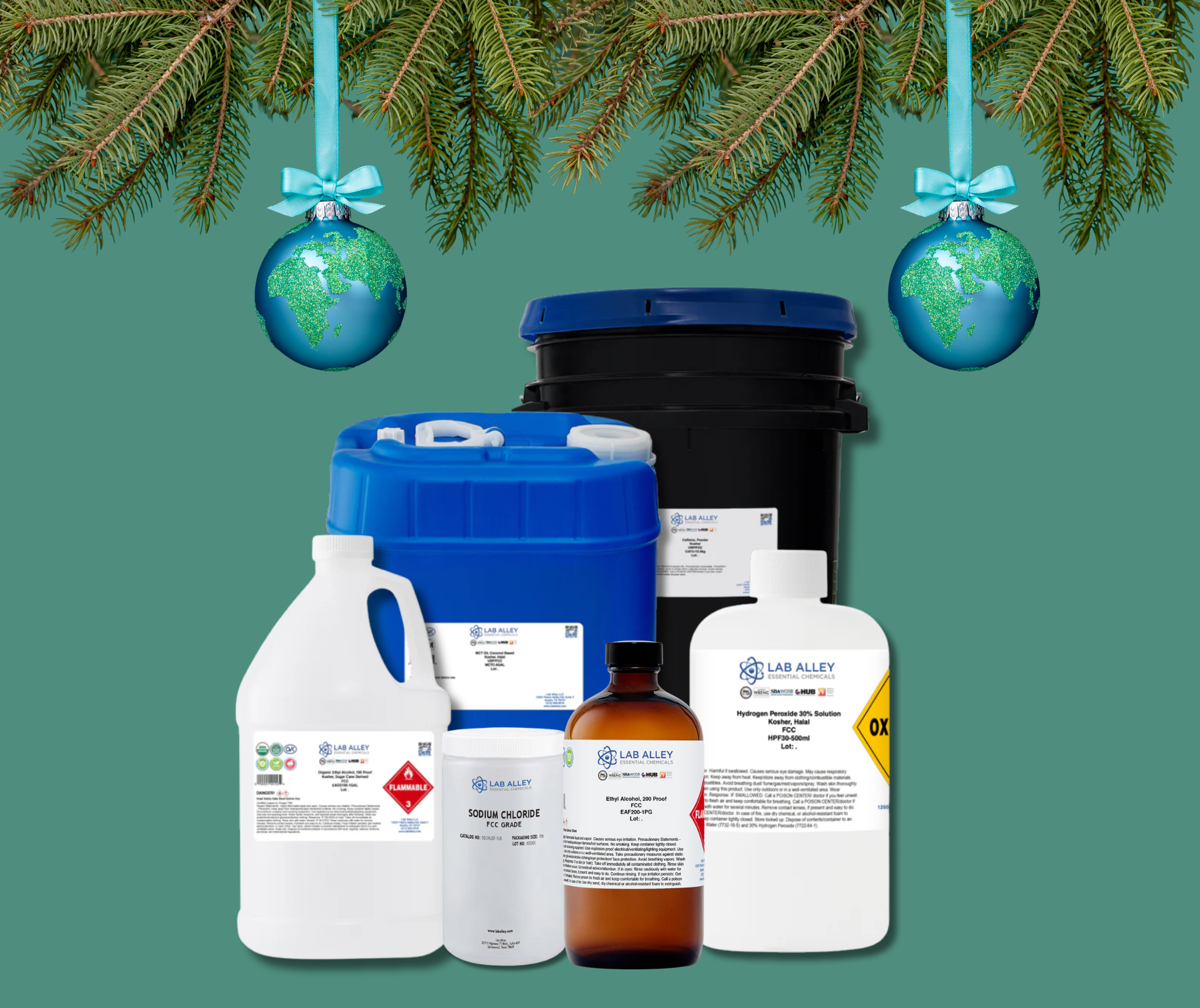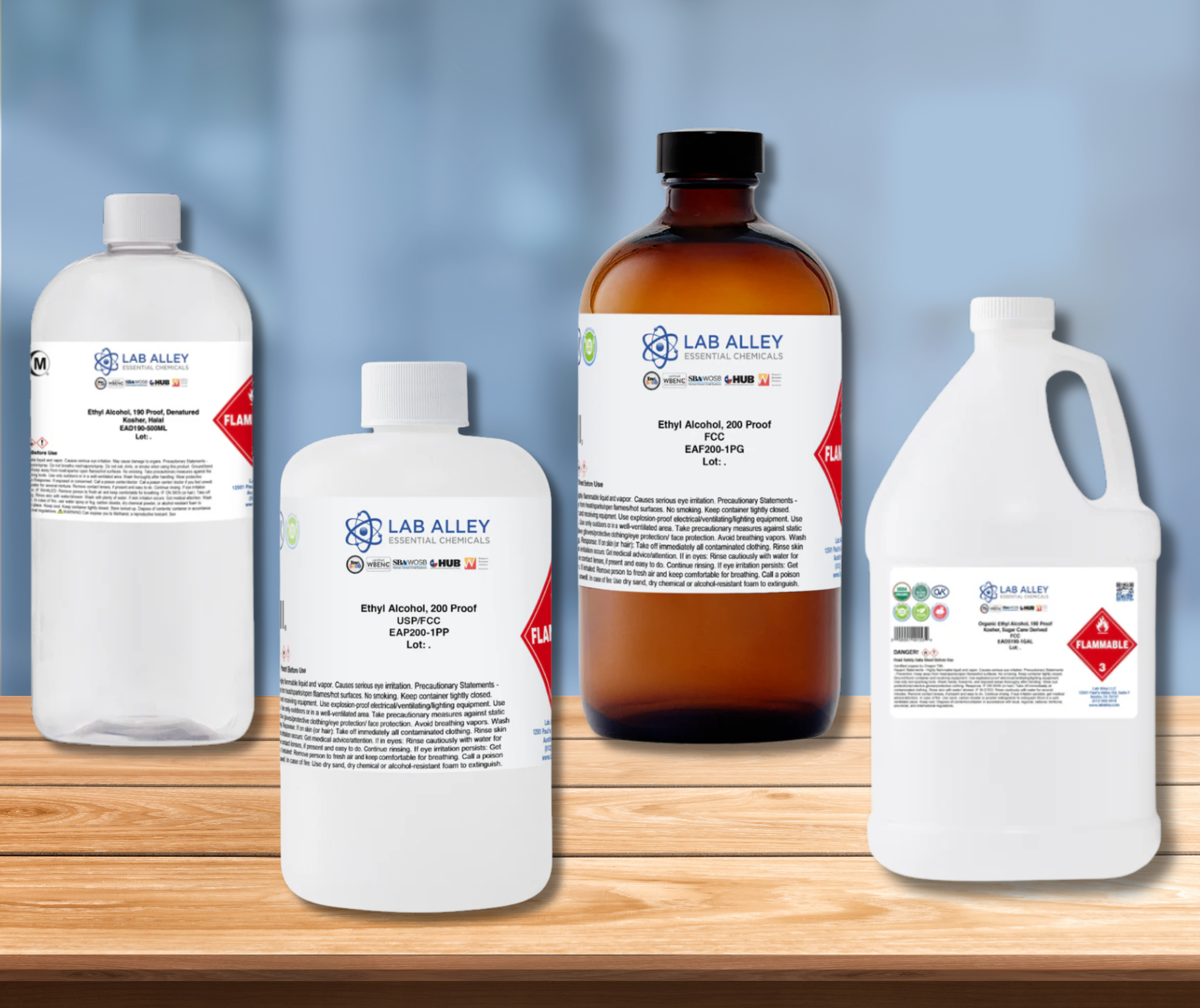Uses & Benefits
The widespread use of ferrous sulfate across diverse industries stems from its reliable iron content, excellent water solubility, and cost-effective production methods. Despite requiring careful storage to prevent oxidation, it continues to serve critical roles in numerous applications where iron supplementation or chemical reactivity is essential.
Industrial Manufacturing
Industrial facilities utilize ferrous sulfate primarily in water treatment operations, where it functions as both a coagulant and flocculant for removing suspended particles and contaminants. The compound also serves as a key raw material in pigment production, particularly for manufacturing iron oxide colorants and specialty dyes that require precise iron content specifications.
Furthermore, ferrous sulfate acts as a precursor in synthesizing other iron compounds and chemicals, providing manufacturers with a reliable starting material for producing specialized iron-based products across various industrial sectors.
Laboratory and Research
ApplicationsResearch laboratories depend on ferrous sulfate as a standard analytical reagent, particularly in redox titrations where its well-defined iron content provides accurate results. It serves as an excellent iron source for biochemical assays and research studies investigating iron metabolism, enzyme activities, and cellular processes.
Scientists also utilize ferrous sulfate in educational demonstrations and analytical procedures where controlled iron availability is essential for reproducible experimental outcomes.
Healthcare and Nutrition
The pharmaceutical industry extensively uses ferrous sulfate in dietary supplement formulations for treating and preventing iron deficiency anemia. Its high bioavailability and established safety profile make it one of the most prescribed forms of iron supplementation worldwide, though proper dosing guidance remains essential due to potential toxicity at excessive levels.
Medical applications also include specialized formulations for patients with specific iron absorption requirements or those unable to maintain adequate iron levels through dietary sources alone.
Agricultural Applications
Agricultural sectors rely heavily on ferrous sulfate as an iron fertilizer for correcting iron deficiencies in crops and ornamental plants. Iron chlorosis, particularly common in alkaline soils, responds effectively to ferrous sulfate treatments applied through soil incorporation or foliar spraying methods.
Home gardeners also utilize ferrous sulfate products for lawn care and soil conditioning, where it helps maintain healthy plant growth and prevents the yellowing associated with iron deficiency in grass and garden plants.
Specialized Industrial Uses
Wastewater treatment facilities employ ferrous sulfate for phosphorus removal processes, where it forms insoluble precipitates that can be easily separated from treated water. This application helps municipalities meet environmental discharge requirements while maintaining cost-effective treatment operations.
Additionally, specialized applications include use in concrete production as an admixture and in certain metallurgical processes where controlled iron introduction is required.
Safety Information
Working with ferrous sulfate requires understanding its potential health effects and implementing appropriate safety measures to protect personnel and prevent environmental contamination. While generally considered safer than many industrial chemicals, proper handling procedures remain essential for maintaining workplace safety.
Health Hazards and Precautions
Ferrous sulfate can irritate skin, eyes, and the respiratory system upon direct contact or inhalation of dust particles. Ingestion of large quantities may result in gastrointestinal upset, and chronic exposure to high concentrations could lead to iron accumulation. The compound's corrosive properties in concentrated solutions or dust form require particular attention during handling and processing operations.
Unlike many organic solvents, ferrous sulfate is not flammable under normal conditions. However, it can react exothermically with strong oxidizing agents, potentially creating hazardous situations if incompatible materials are mixed inadvertently.
Personal Protection Requirements
Personnel working with ferrous sulfate should wear appropriate gloves resistant to inorganic salts, safety goggles to protect against dust or solution splashes, and work clothing to minimize skin contact. Adequate ventilation helps prevent dust inhalation, particularly when handling powdered forms or during transfer operations.
Respiratory protection may be necessary when working with large quantities or in confined spaces, though proper ventilation typically provides sufficient protection for routine laboratory and industrial applications.
Proper Storage Methods
Maintaining ferrous sulfate quality requires storage in sealed containers at temperatures between 2°C and 25°C in dry, well-ventilated areas. Since oxidation represents the primary degradation pathway, minimizing exposure to air and moisture preserves product integrity and prevents the formation of ferric compounds that could affect performance.
Keep ferrous sulfate away from strong oxidizing agents, alkali materials, and incompatible substances that could trigger unwanted chemical reactions. Regular inspection of storage containers helps identify potential problems before they affect product quality or safety.
Emergency Response Procedures
Ferrous sulfate spills require prompt containment using suitable absorbent materials while ensuring adequate ventilation to prevent dust accumulation. All contaminated materials must be collected and disposed of according to local hazardous waste regulations to prevent environmental release.
Never allow ferrous sulfate solutions to enter drainage systems or natural waterways, as iron compounds can affect aquatic ecosystems and water quality. Emergency washing facilities should be readily available in areas where ferrous sulfate is handled regularly.
Grades and Pack Sizes
Ferrous sulfate is available through chemical suppliers in various grades and container sizes to accommodate different application requirements and usage volumes. Selection of appropriate grades depends on purity specifications, intended use, and regulatory compliance needs.
Standard Grade Classifications
- Technical Grade: Cost-effective option suitable for industrial water treatment, agriculture, and manufacturing applications where ultra-high purity specifications are not critical.
- USP (United States Pharmacopeia) Grade: Meets pharmaceutical standards for medicinal and nutritional supplement applications, with strict limits on heavy metals and other impurities.
- ACS (American Chemical Society) Grade: Conforms to American Chemical Society specifications for analytical and research applications requiring consistent purity levels and comprehensive analysis certificates.
- Food Grade: Specialized grade meeting food additive regulations for applications in food processing and nutritional products, with enhanced purity requirements and contamination controls.
Container Sizes and Bulk Options
- Small quantities: Laboratory containers from 500 grams to 1kg for research, educational, and small-scale applications.
- Medium quantities: Multi-kilogram containers ranging from 2.5kg to 10kg, including an intermediate 5kg size for pilot-scale operations and medium-volume laboratory use.
- Bulk options: Large containers, including 50lb and 25kg sizes, for high-volume applications, commercial operations, and manufacturing processes requiring consistent supply chains.
For reliable ferrous sulfate in various grades and packaging configurations, Lab Alley offers laboratory-tested products with complete documentation, including certificates of analysis and safety data sheets. Our technical support team can assist with grade selection and packaging decisions to meet your specific application requirements while ensuring regulatory compliance.
Contact our experienced sales team for current pricing, availability information, and technical specifications to fulfill your ferrous sulfate requirements.






















